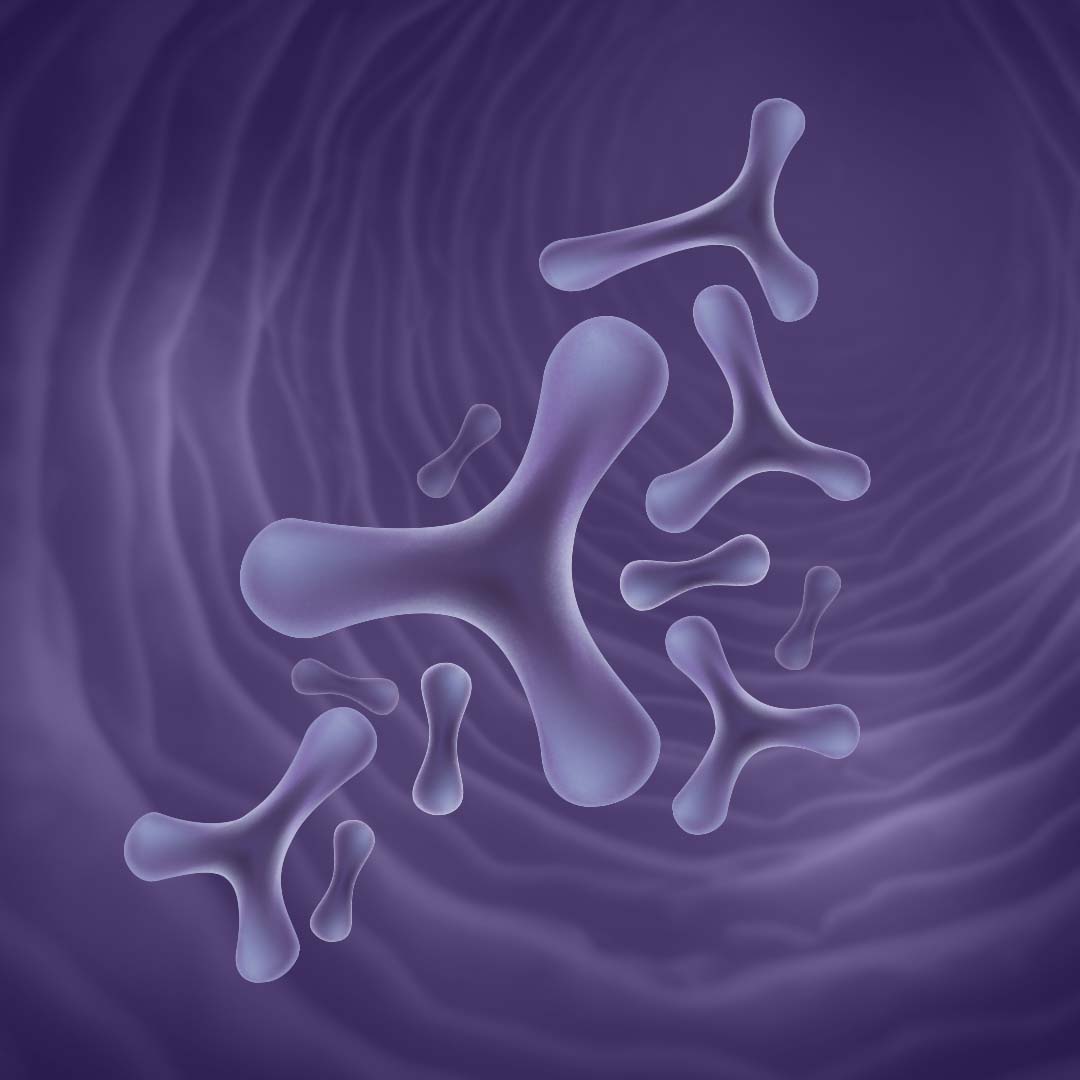Bifidobacterium lactis
Back to ingredients
Form: Bacteria
Food sources: Sourdough breads, fermented foods like miso, kimchi and sauerkraut. Often added to yoghurts and other dairy products.
Benefits of Bifidobacterium lactis
- Gut health
- Relieves constipation
- Mental performance
- Weight management
What is Bifidobacterium lactis
Bifidobacterium, like Lactobacillus, is one of the most important strains of probiotics. This means it is one of the many types of ‘good’ bacteria that reside in our ‘gut microbiome’ (the ecosystem of bacteria, viruses and fungi that live inside our digestive system), that are essential to a variety of bodily processes.
Bifidobacterium lactis (B. lactis) digests the fibre you consume in your diet and helps you maintain a healthy digestive system, reducing gastrointestinal discomfort. It can also be used to provide relief from the symptoms of IBS, including constipation. You may enjoy reading 'How to get rid of constipation'.
As well as aiding the healthy digestion of food, B. lactis, as it’s more commonly known, also produces a range of vital vitamins and chemicals for our bodies. Studies have shown how B. lactis can be a source of B Vitamins, which provide us with energy and contribute to our mental performance.
Like other probiotics such as Lactobacillus, B. lactis also produces short-chain fatty acids which contribute to our brain health. Short-chain fatty acids alter the levels of the neurotransmitter GABA, low levels of which have been associated with anxiety, low mood and insomnia. The more short-chain fatty acids in our gut, the more GABA we produce and the greater the resistance our body has to stress. This connection is what’s called the ‘gut-brain axis’, where the health of our gut and the health of our brain are intimately linked through a series of nerves that affect our mental state. In our gut health research we found that people with poor gut health will suffer higher stress and anxiety and for 66% of them, their gut health symptoms worsen when they're anxious.
It’s important to remember that probiotics like B. lactis require fibrous prebiotics as their food, so we need to consume prebiotics in our diet for probiotics to generate these health benefits. One of the most important of these prebiotics is Inulin. You may be interested in learning about the difference between IBD and IBS.
Discover the ‘Common & unusual symptoms of IBS’ and the ‘Best probiotics for IBS’.











